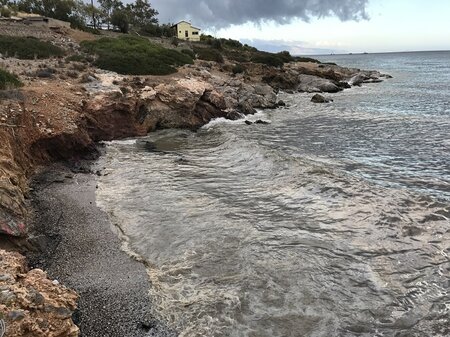Environmental damage: Changing perceptions and future outlook (2018)
16 March 2018

Miguel Patel, Nicky Cariglia, Pauline Marchand, Julke Brandt, Duarte Suares
A white paper submission for INTERSPILL 2018, Excel, London, 13-15 March 2018
Over the last fifty years, increased global awareness of environmental issues has led to growing recognition of environmental stewardship as an essential component of economic development. This cultural shift was reflected in the 1992 revisions of the international oil pollution compensation Conventions, which incorporated direct provisions related to the reinstatement of environmental damage under the 'polluter pays' principle. In the United States, the 1990 Oil Pollution Act sought to achieve similar aims.
Since the adoption of these regimes, ITOPF has observed an increase in the proportion of spills following which environmental monitoring is conducted. In addition, during this period, the tools and methods with which changes in the environment can be detected and measured have evolved significantly. From ecosystemic function through to physiological responses to stressors at a sub-cellular level and at every scale in between, the science and technology to detect and measure these changes is now widely available.
With these tools at our disposal, several fundamental questions arise in respect of how we approach environmental monitoring. Focusing on accidental oil spills from ships, this paper will explore how perceptions of environmental damage have changed and explore shifts in the scope of environmental monitoring projects over recent decades.
This paper will seek to establish whether these trends have ultimately improved our understanding of environmental damage, recovery and the need for reinstatement measures - the over-riding objectives of any post-spill monitoring effort. Looking to the future, suggestions will be made on how the spill response community can build on past experience to ensure post-spill monitoring continues to focus on these principal aims.
Categories: Environmental effects, Papers
